Medical Research Overload? AI Reads 150K Papers Monthly
Medical research moves at lightning speed. Over 1.8 million medical articles published annually across 28,000 peer-reviewed journals, which averages to over 150,000 articles per month globally. Keeping up with this flood of information has become nearly impossible for even the most dedicated researchers.
Among medical students, one study found an average of 10.8 hours per week spent reading during internal medicine clerkship. Yet they still miss important findings that could impact their work. This creates a constant feeling of being behind and potentially overlooking breakthrough discoveries.
The Information Overload Crisis in Medical Research

Medical researchers face an overwhelming challenge. New studies appear daily across hundreds of journals. Each publication might contain findings that could change treatment approaches or reveal new research directions.
Major challenges include:
- Reading through thousands of abstracts monthly to find relevant studies
- Tracking multiple research areas and staying current in each field
- Identifying contradictory findings that challenge existing protocols
- Remembering key details from studies read weeks or months ago
The pressure is intense. Missing a critical study could mean falling behind competitors or missing opportunities for collaboration. Researchers often work late nights trying to catch up on reading, which affects their work-life balance and research productivity.
Medical specialties add another layer of complexity. Cardiologists need to track heart disease research. Oncologists must stay current with cancer treatment advances. Each field produces hundreds of new papers monthly, making comprehensive coverage nearly impossible.
The traditional approach of manual literature review is breaking down. Researchers need a smarter way to process, organize, and recall the vast amount of medical information being published.
AI-Powered Research Management Changes Everything
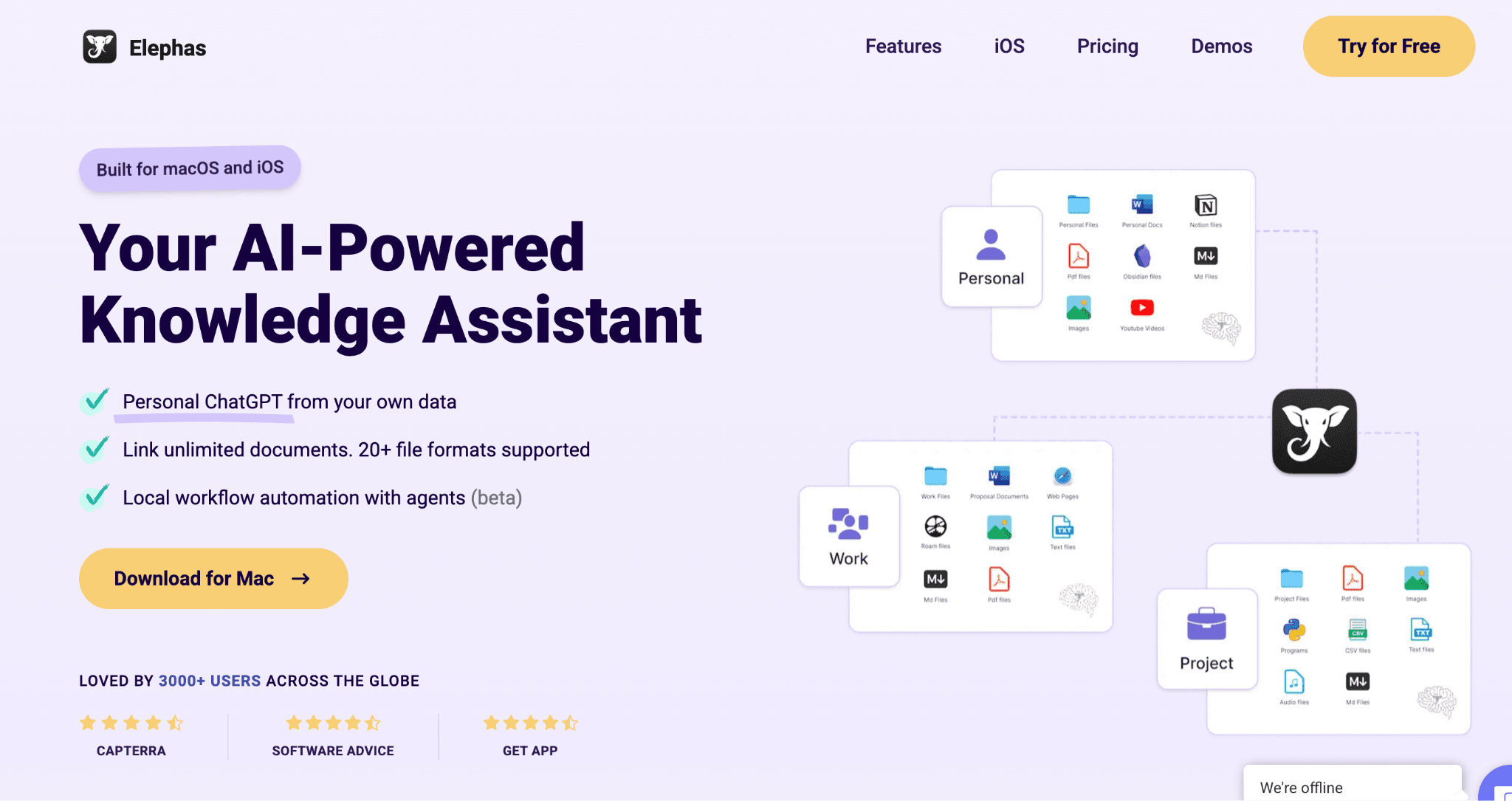
Modern AI technology offers a powerful solution for managing medical research information. Elephas AI assistant helps researchers stay current without drowning in paperwork.
Elephas works across Mac, iPhone, and iPad devices. It processes medical literature locally, keeping sensitive research data secure. The transformation is remarkable - researchers can cover 5-10 times more literature while spending less time on routine reading tasks.
Elephas provides:
- Intelligent filtering of relevant studies from large databases
- Quick summaries of key findings and methodologies
- Cross-referencing of related research across multiple studies
- Instant recall of specific findings from your entire knowledge base
Step-by-Step Process for Smart Literature Management
Step 1: Creating Your Medical Research Brain
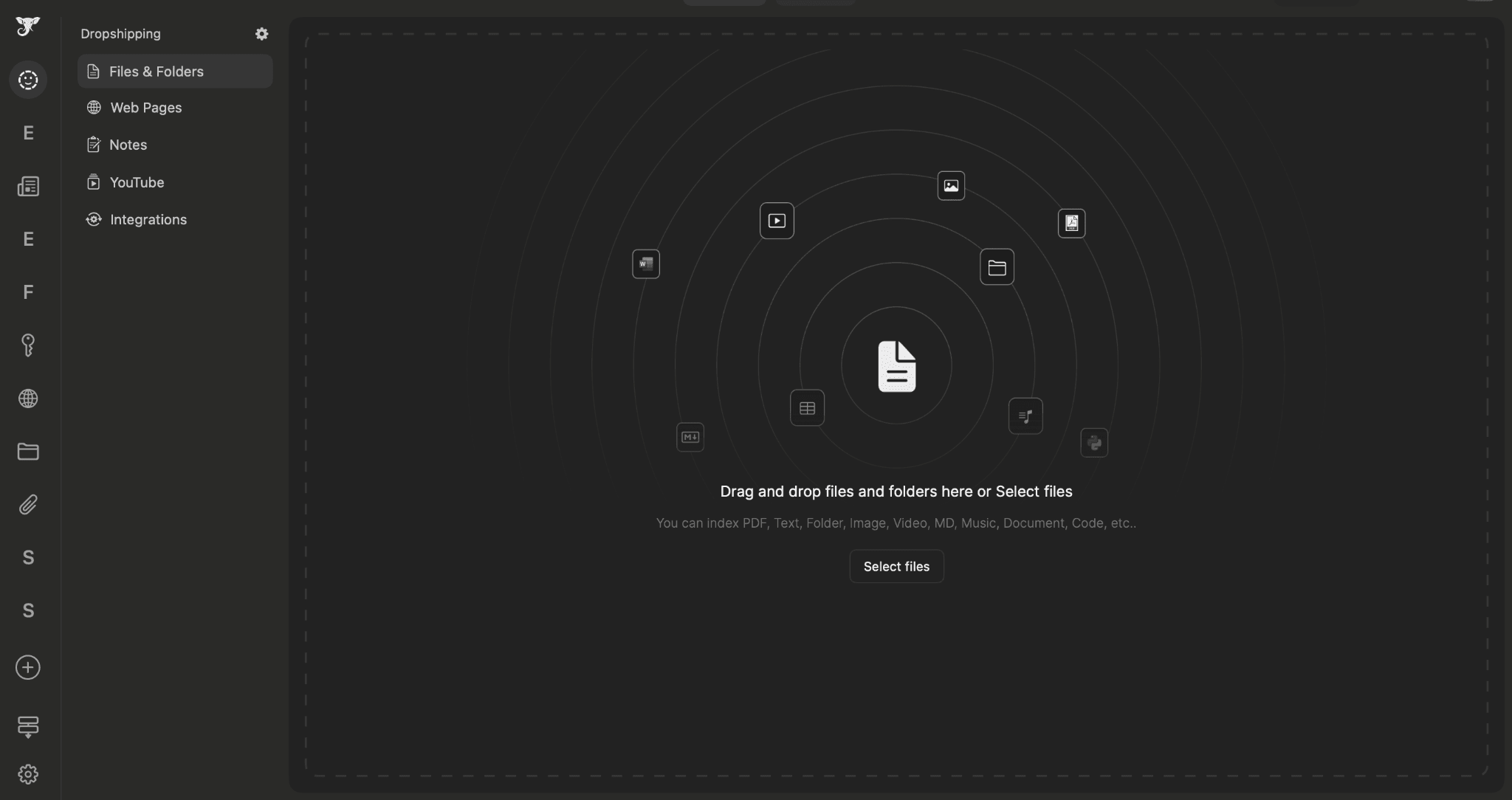
Setting up a dedicated Medical Research Brain takes just minutes. This Brain becomes your personal research assistant that understands your specific interests and expertise areas.
Upload your core research materials to build the foundation:
- Recent studies in your primary research areas
- Key papers that shaped your field
- Clinical guidelines and protocols you reference
- Your own published research and ongoing projects
The setup process requires no technical knowledge. Your Brain learns your research focus and begins making intelligent connections between different studies and findings.
Step 2: Building Your Knowledge Database
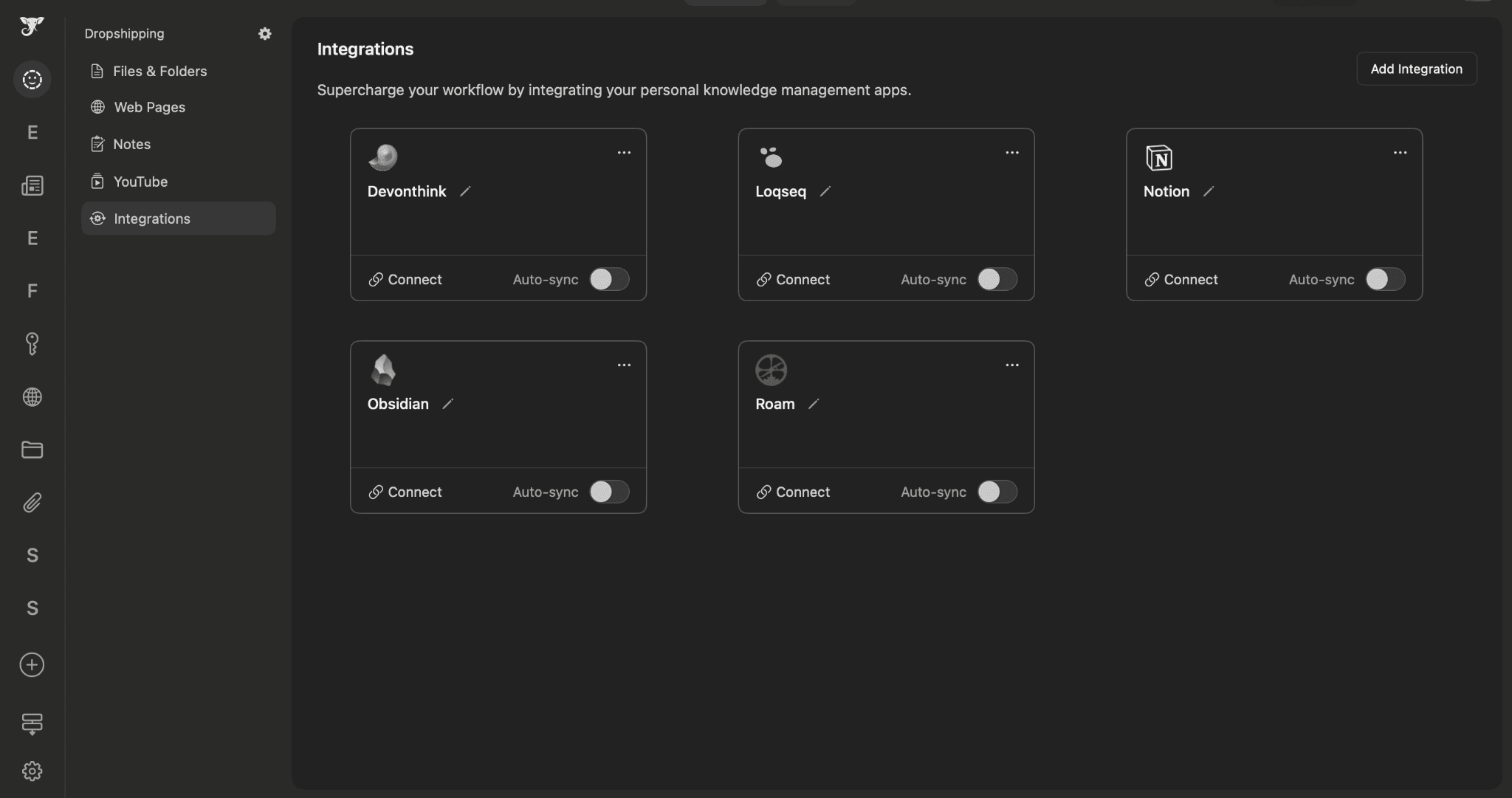
Elephas accepts various file formats including PDFs, Word documents, and text files. Upload new studies regularly to keep your knowledge base current and comprehensive. If you want you can also connect it to other tools like Notion, Devonthink.
The system manages:
- Indexing of study abstracts and full texts
- Organization by research topic, publication date, or journal
- Cross-referencing between related studies and findings
- Secure local storage that protects research data
Your research library stays completely private. All processing happens on your device using Local LLM models, which meets medical research security requirements and protects confidential information.
Step 3: Finding Relevant Research Instantly
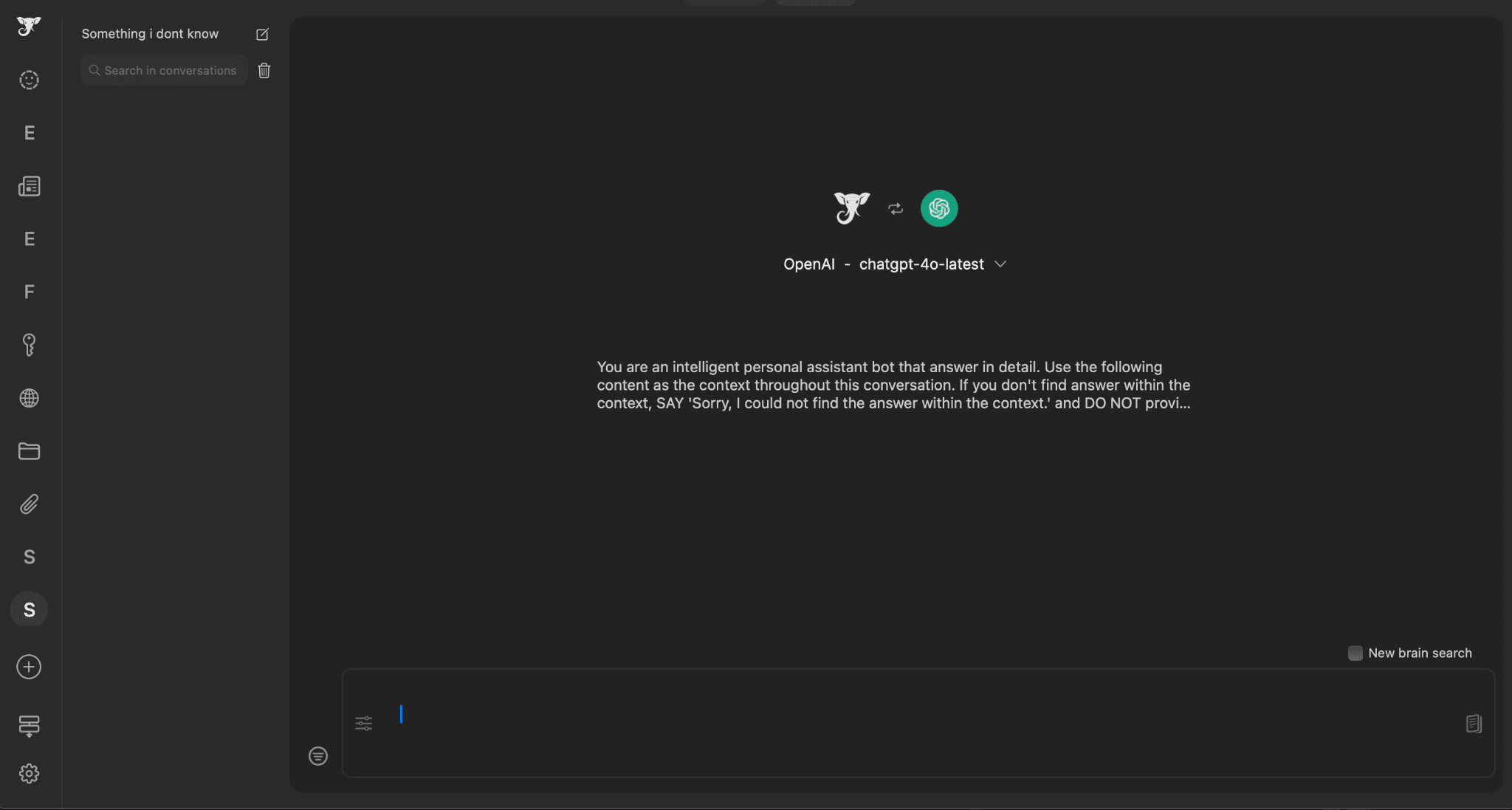
Ask Elephas specific research questions to get targeted insights from your entire knowledge base. The AI understands medical terminology and provides precise answers based on your collected studies.
Powerful query examples:
- "What are the latest findings on immunotherapy for lung cancer?"
- "Show me studies that contradict current diabetes treatment protocols"
- "Find research on drug interactions with the medications I'm studying"
- "What new biomarkers have been discovered for heart disease this year?"
The AI searches through your entire knowledge base instantly and provides relevant findings with proper citations. You can refine your questions to get more specific information or explore related research areas.
Step 4: Identifying Research Patterns and Gaps
Elephas helps spot trends and contradictions across multiple studies. The AI can identify when new research challenges established findings or when multiple studies support similar conclusions with the help of custom workflow automations.
Pattern recognition benefits:
- Early identification of emerging research trends
- Quick spotting of contradictory findings that need investigation
- Recognition of research gaps that present new opportunities
- Tracking of how specific treatments perform across different studies
The AI highlights important patterns that might take weeks to notice through manual reading. This gives researchers a competitive advantage in identifying promising research directions.
Step 5: Staying Current with Automated Updates
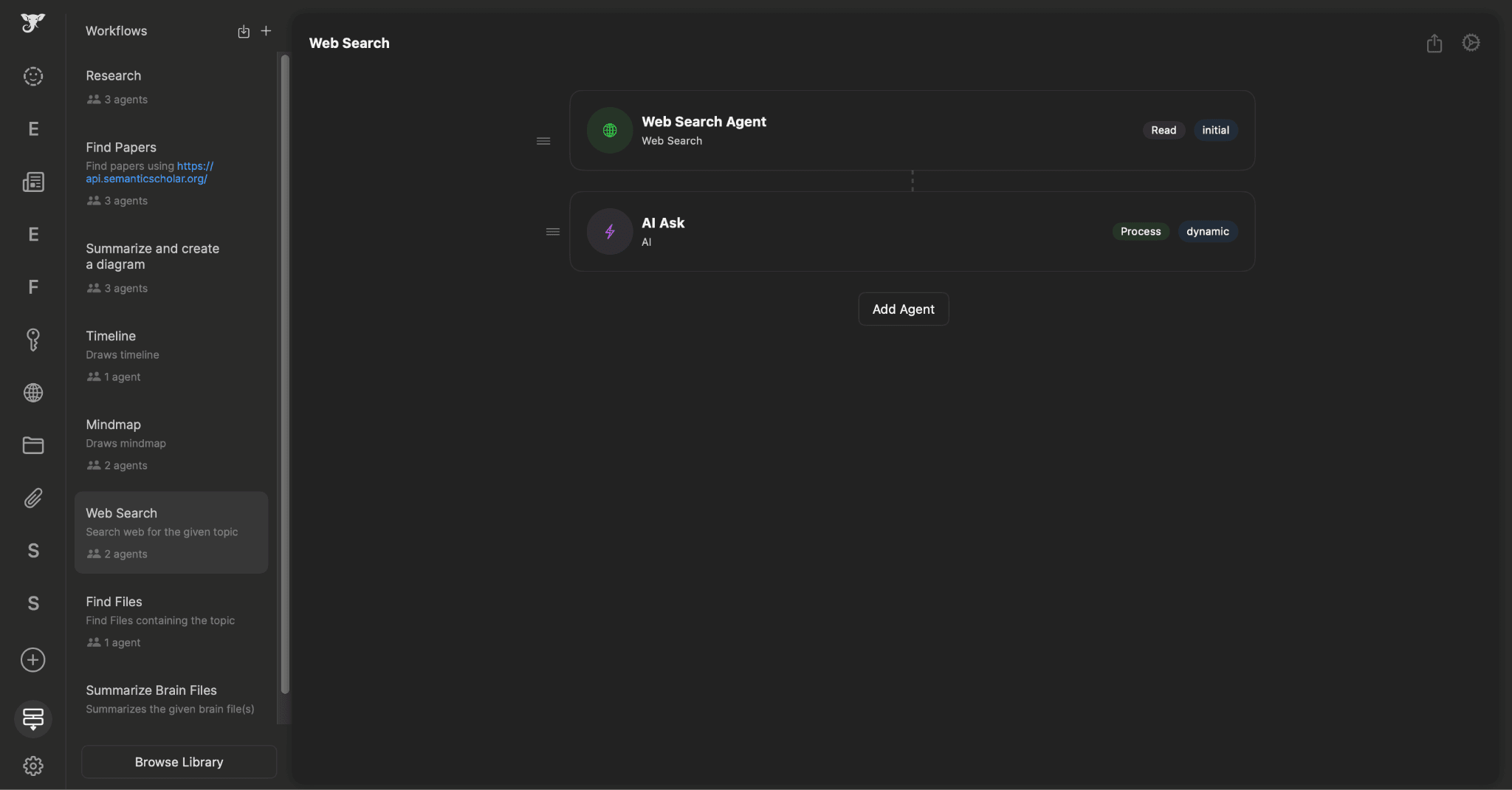
Make AI-assisted research review part of your weekly routine. Upload new studies regularly and use the AI to quickly assess their relevance to your work.
Efficient update workflow:
- Upload 10-20 new studies each week in batches
- Use AI to summarize key findings from each paper
- Identify studies that directly impact your current research
- Flag papers that require closer reading and analysis
Most researchers find they can process 3-4 times more literature using this approach. The AI handles initial screening while you focus on the most relevant and impactful studies.
Case Study: Oncology Researcher Transforms Literature Review

Note: To maintain confidentiality, the name and specific details have been changed to maintain privacy
Dr. Michael Chen conducts cancer research at a major medical center. He previously spent 12 hours per week reading new studies and still felt behind on important developments in his field.
After setting up Elephas with his research database, his weekly literature review time dropped to just 4 hours. The AI helped him identify key studies faster and spot connections between different research approaches.
His research productivity improved significantly. The AI flagged several contradictory findings that led to new research hypotheses. Dr. Chen discovered emerging treatment approaches months earlier than he would have through manual review.
"The AI acts like a research assistant that never sleeps. It processes information faster than I ever could and helps me focus on the studies that really matter for my work."
Results after six months:
- 70% reduction in literature review time
- 300% increase in relevant studies reviewed
- Earlier identification of research opportunities
- Improved grant application success due to comprehensive literature knowledge
Key Benefits of AI-Assisted Research Management
The advantages extend far beyond time savings. Medical researchers using AI support report significant improvements in their research effectiveness:
- Comprehensive Coverage: AI helps researchers stay current with 5-10 times more literature than manual methods allow. This ensures important findings are not missed.
- Faster Discovery: Quick identification of relevant studies and emerging trends gives researchers competitive advantages in grant applications and collaboration opportunities.
- Better Research Quality:Access to more comprehensive literature improves research design and helps avoid duplicating existing work.
- Reduced Stress: Less time spent on routine literature review creates more time for actual research and analysis work.
Getting Started with AI Research Management

Begin using AI for literature management today. The professional plan includes all features needed for comprehensive medical research support.
First-day quick wins:
Upload 50-100 recent studies from your research area
- Test the AI with specific research questions
- Practice using different query types to find relevant information
- Set up your Medical Research Brain with core reference materials
The learning process is straightforward. Most researchers become comfortable with the system within one week of regular use. Start with a focused research area and expand to broader topics as you gain experience.
Visit Elephas to start your free trial and see how much more research you can cover in your next literature review session.
Pro Tips for Advanced Research Use
- Organize by Research Phase: Create separate Brains for different research projects or clinical areas. This keeps information organized and prevents confusion between different studies.
- Use Targeted Queries: Develop specific question templates for different types of research inquiries. This ensures consistent and comprehensive results across different literature searches.
- Cross-Reference Findings: Use the AI to compare findings across multiple studies and identify consensus or disagreement in the research community.
Final Thoughts
AI-assisted research management changes how medical researchers stay current with rapidly evolving fields. The technology handles information processing while researchers focus on analysis and application.
The system works best when combined with professional expertise. AI manages data organization and initial screening while researchers provide critical evaluation and scientific judgment.
Start with your core research area, build your knowledge base gradually, and expand to related fields as you see the benefits. The time savings and improved research coverage make this investment essential for any serious medical researcher.

Comments
Your comment has been submitted